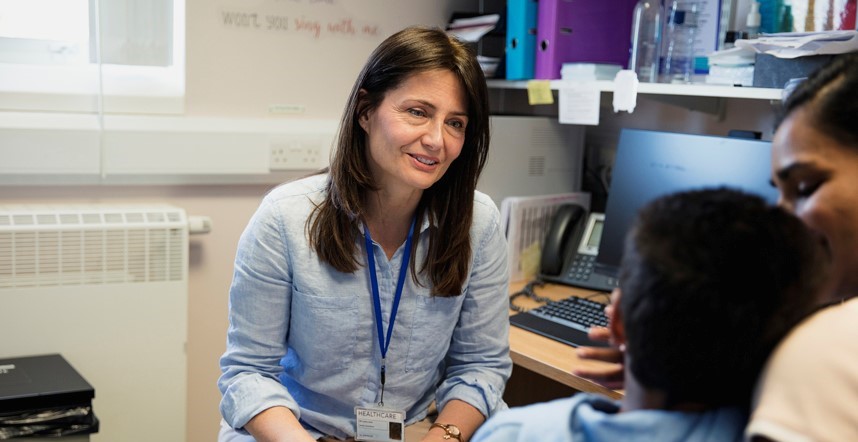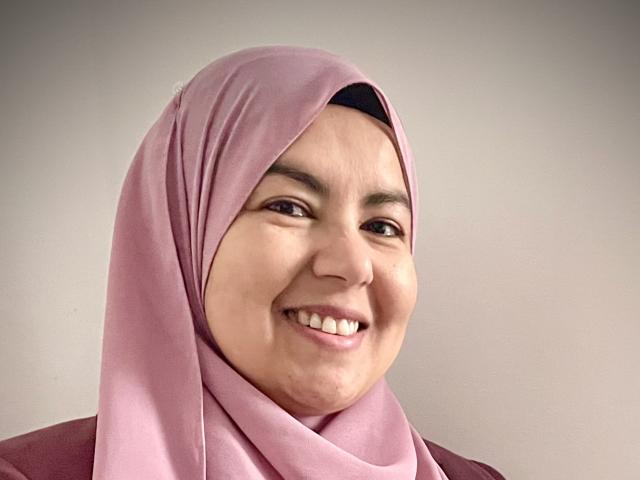In this episode
Wales has a long history of welcoming those fleeing persecution. It is estimated that there are 10,000 refugees in Wales, which is about 0.3% of the population.
Barriers to accessing healthcare can arise from immigration status. It is important to understand the rights of asylum seekers and refugees. As defined by Amnesty International, ‘an asylum seeker is a person who has left their country and is seeking protection from persecution and serious human rights violations in another country, but who hasn't yet been legally recognized as a refugee and is waiting to receive a decision on their asylum claim’.
In this podcast episode, Dr Ashra Khanom talks about her work which aims to address the needs of people seeking sanctuary, including how they access healthcare services.
Research carried out by Ashra and her team found that the main challenges include:
- Difficulty accessing interpreters. The process to book an interpreter is often difficult particularly when most GP appointment must be booked the morning of the appointment. Children are then often used as interpreters for parents which poses ethical issues.
- Mental health trauma misdiagnosis. PTSD and other mental health problems can often display as physical symptoms. Health professionals may not understand the stigma that is often still attached to mental health problems amongst asylum seeker and refugee communities.
- Misunderstanding of entitlements to care and a fear of having to pay for services.
- Perceived discrimination and fear of deportation.
- Navigating the healthcare system. For example, the healthcare systems in Syria and Libya were really efficient and patients could access specialist care quickly. Research revealed some refugees and asylum seekers didn’t want to see GPs and wanted to go straight to a specialist. This led to frustration that health conditions could get worse before they could see a specialist with long waiting times.
- Misconception that patients could go to A&E for treatment and that they’d be seen by ‘more qualified’ doctors.
- Dental practices not taking on refugees as they were perceived to be patients with complex needs taking up longer appointment slots.
Ashra’s research aims to inform Public Health Wales and influence policy to ultimately help improve the service provided to asylum seeker and refugee communities.







